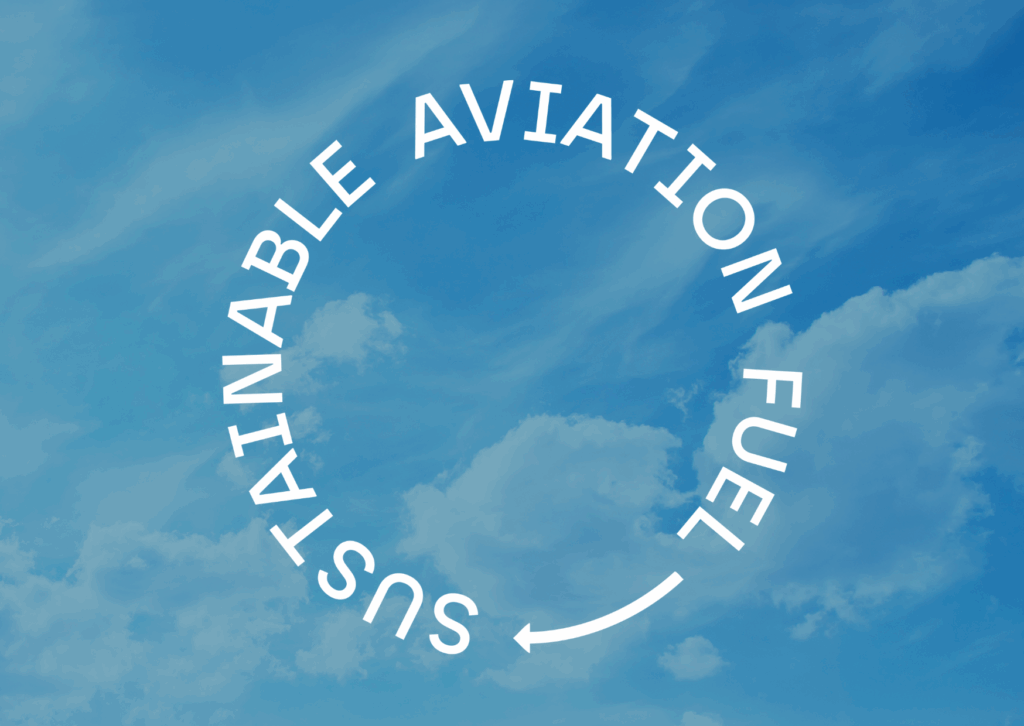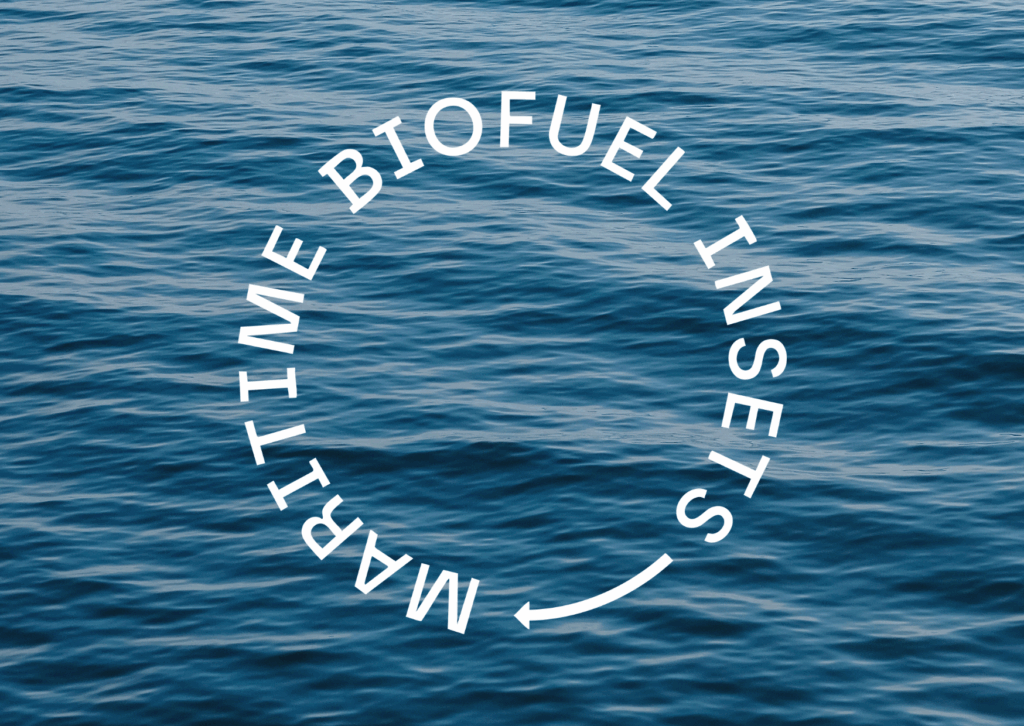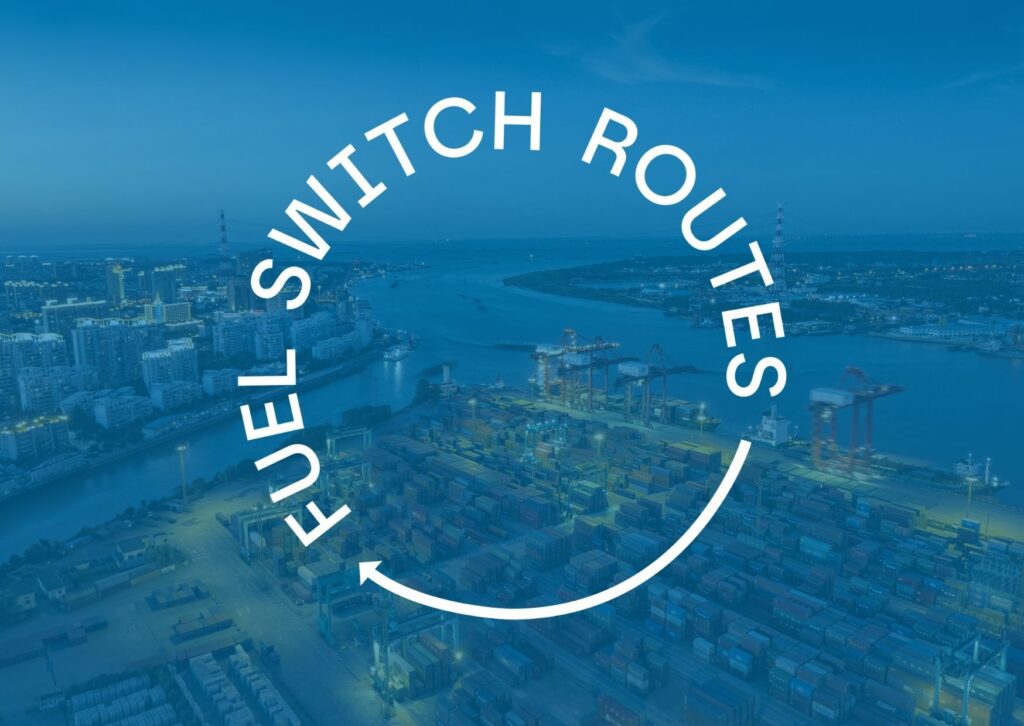Reduce your freight emissions today – at sea and in the air

Sustainable Aviation Fuel certificates (SAFc)
Switching to SAF is one way to make your air freight more sustainable. At Hecksher, we offer a transport solution that replaces conventional jet fuel with a certified, renewable alternative called SAFc.
Our SAF is produced from a sustainable feedstock derived from waste materials. It offers a cleaner alternative to fossil jet fuel, enabling up to 80% reductions in fossil CO₂ emissions, according to the IATA. With each booking, you contribute to real, measurable reductions in greenhouse gas emissions.
Maritime Biofuel Insets
Do you want to reduce the carbon footprint of your sea freight? Then we have a solution. By switching to maritime biofuel on your next booking with Hecksher, you can cut fossil emissions by up to 100 %.
Instead of relying on traditional marine fuel, we allocate certified biofuel to match your cargo’s footprint. This enables up to 100% fossil CO₂ reduction in your Scope 3 emissions reporting – without disrupting operations or routes. A seamless choice for more sustainable sea freight.


Fuel Switch Routes
All Less-than-Container Load (LCL) import shipments from Shanghai to Gothenburg now run on verified maritime biofuel insets by default, at no extra cost to our customers.
We automatically match certified maritime biofuel insets for every shipment, ensuring measurable CO₂ reductions with full transparency and third-party verification.
This initiative makes fossil-free shipping simple, scalable, and accessible — proving that sustainability can be integrated into every shipment, not added as a premium service.
Reduced emissions for your business
Maritime Biofuel Insets and SAFc offer fossil-free transport solutions for your sea and air freight. You receive a certificate verifying the reduction in transportation emissions, enabling credible climate reporting. For sea freight, you can reduce Scope 3 fossil emissions by up to 100%, and for air freight, by up to 80%. It’s a straightforward, cost-effective way to make a meaningful impact on your supply chain’s carbon footprint.
The mass balance principle – like green electricity
Choosing Maritime Biofuel Insets or SAF is similar to opting for green electricity. When you purchase it for your freight, you’re supporting the use of renewable fuels in the transport sector. While the biofuel or SAF may not always be used in the exact ship or aircraft carrying your goods, your investment ensures that an equivalent amount of renewable fuel is used elsewhere in the system. This contributes to reducing the overall emissions from shipping and aviation—ultimately what matters most for climate impact.
Biogas from manure – an organic resource
The foundation of Maritime Biofuel Insets is Liquefied Biogas (LBG), a fuel produced from organic materials. In our case, manure is used as the raw material. This byproduct from agriculture is a smart way to reduce climate impact on multiple levels. Instead of letting methane from the manure escape into the atmosphere, it is converted into renewable fuel that can be used to power ships. This reduces emissions both during production and when the fuel is burned.
Fuel from waste - a renewable aviation resource
The foundation of Sustainable Aviation Fuel (SAF) is renewable waste-based feedstocks, such as used cooking oil, waste animal fats, or residues from agriculture. These materials are refined into a clean, certified alternative to fossil jet fuel. Instead of being discarded or left to decompose, these waste products are turned into fuel that can power aircraft—cutting carbon emissions significantly throughout the fuel’s lifecycle.